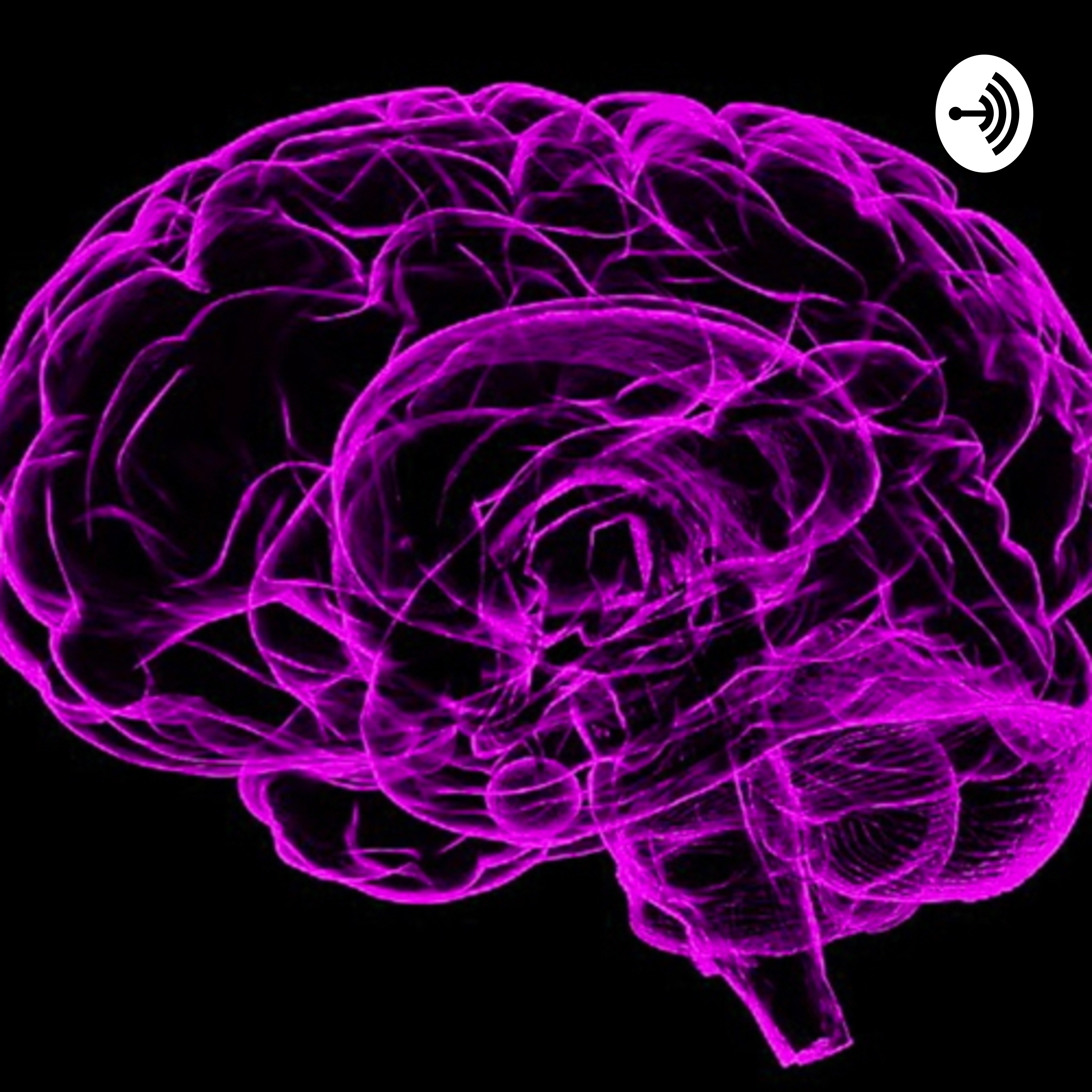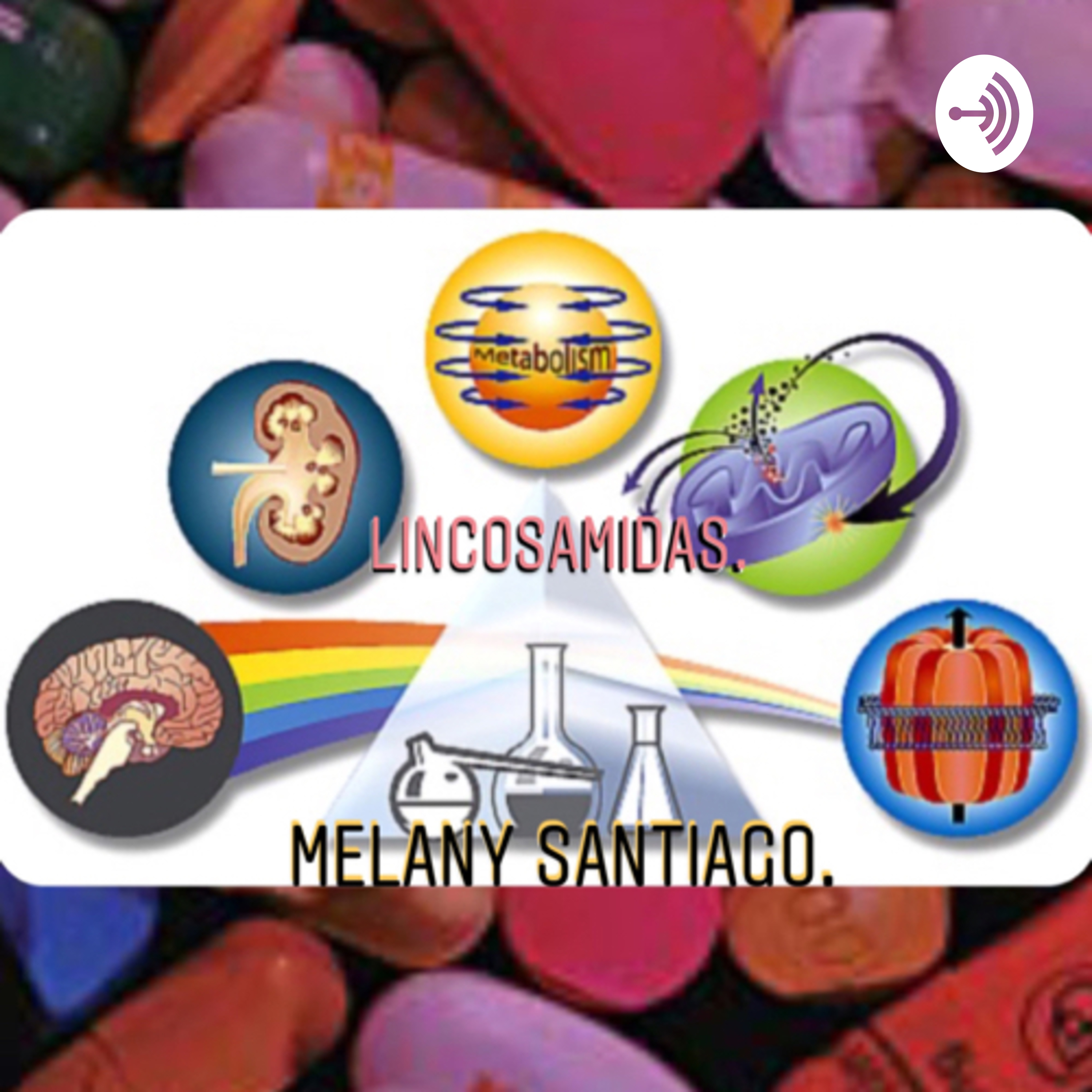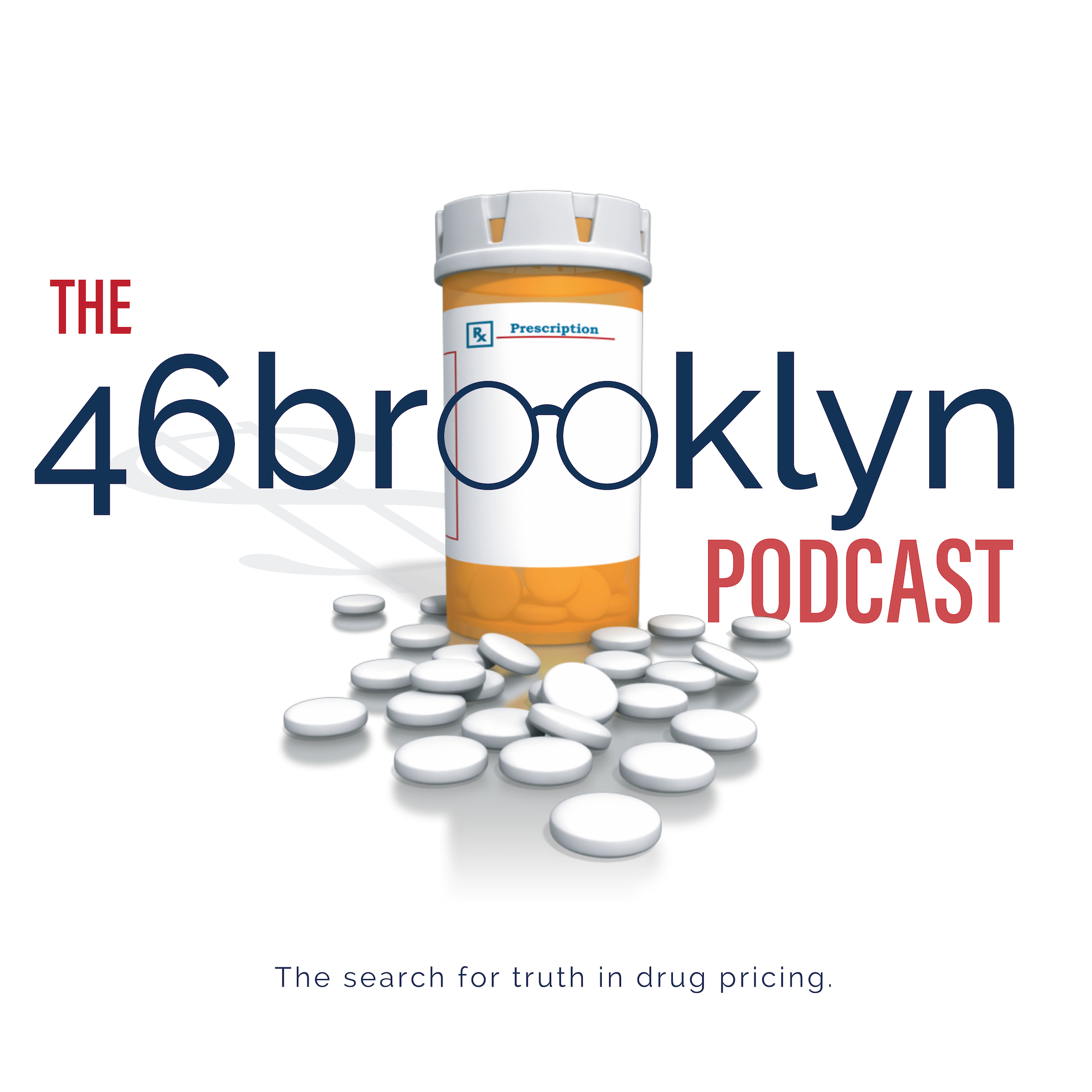 |
Neuro Short NotesAuthor: Mohammad Kazmi
This podcast is about quick neurology review in bits and pieces. Bit by bit neurology bits. Shortest info on the subject. Language: en Genres: Health & Fitness, Medicine Contact email: Get it Feed URL: Get it iTunes ID: Get it Trailer: |
Listen Now...
Stiff Person Syndrome
Friday, 5 January, 2024
Stiff person syndrome Stiff person syndrome (SPS) is a very rare autoimmune disorder that causes progressive rigidity and muscle spasms in the limbs and axial muscles. There are different types of SPS, including classic stiff person syndrome, stiff person variants, focal/segmental stiff person syndrome, jerky stiff person syndrome, progressive encephalomyelitis with rigidity and myoclonus (PERIM), stiff person syndrome plus ataxia, epilepsy, or other disorders, stiff leg/limb syndrome, paraneoplastic stiff person syndrome, and a subgroup associated with amphiphysin antibodies primarily in females with breast cancer and cervical spine region stiffness. SPS can be associated with various neoplasia, including breast cancer, colorectal cancer, lung cancer, Hodgkin disease, and malignant thymoma. It can also be associated with autoimmune disorders such as diabetes mellitus type 1, Hashimoto thyroiditis, Graves disease, pernicious anemia, anti-NMDAR encephalitis, limbic encephalitis, refractory epilepsy, polyendocrine autoimmune syndrome, vitiligo, celiac disease, myasthenia gravis, autoimmune retinopathy, scleritis, and systemic lupus erythematosus (SLE). The cause of SPS is an autoimmune condition that primarily affects the inhibitory mechanisms within the central nervous system. The associated antibodies include glutamic acid dehydrogenase (GAD 65), glycine, and amphiphysin. The presentation of SPS includes episodic stiff and aching muscles starting in the axial muscles and progressing to the proximal limb muscles. It is characterized by restricted range of motion, slow voluntary movements resembling parkinsonism, muscle hypertrophy, postural abnormalities, and progressive interference with daily activities. Other symptoms include muscle tightness, aching, rigidity, and spasms, gait and balance difficulties, fatigue, persisting lumbar hyperlordosis, joint dislocations/fractures, abnormal postures, mask-like face, axial/truncal rigidity, muscle spasms, oculomotor disturbances, and fall risk. Treatment options for SPS include benzodiazepines, baclofen, tizanidine, or gabapentin. IV immunoglobulin (IVIG) or rituximab may also be used. Other medications such as Levetiracetam, gabapentin, pregabalin, Tiagabine, valproate, Vegabatrin, Tizanidine, Danteolene, Propafol, and Botox can be considered.












